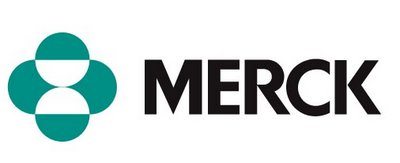
A study has revealed that Merck & Co., Inc. (NYSE:MRK)’s Gardasil significantly reduced HPV infections in countries where it has been adopted as a vaccine against the virus. That comes at a time when medical organizations have intensified their call for the U.S. government to increase HPV vaccination uptake.
The low uptake of HPV vaccines in the U.S. has been termed by some medical experts as a public health threat. It is said that nearly all sexually active men and women are at the risk of getting HPV at various points in their lives. HPV infection can lead to serious health problems such as genital warts and cancers.
Despite the glaring health risks, several factors such as sex stigma, antivaccine campaigns and safety concerns have continued to hinder the uptake of HPV vaccination in the U.S.
A decade-long study
But Merck & Co’s Gardasil could alter the situation. A study spanning nearly a decade revealed a drastic decline in HPV cases in various countries where Gardasil has been adopted.
A medical organization called Royal Women’s Hospital analyzed 58 studies in some nine countries between 2007 and February 2016. The organization noted that countries with the highest HPV vaccination rates registered a remarkable 90% decrease in HPV incidents. With that, those who have been urging for increased usage of vaccination against HPV appear to have another strong point to cite.
According to Royal Women’s Hospital in Australia, despite the benefits of vaccines such as Merck’s Gardasil, the full potential of HPV vaccination has not yet been realized. But the slow uptake of HPV vaccines is exposing the public to serious health risks.
The National Cancer Institute and ASCO are some other organizations that have joined the calls for higher uptake of vaccines against HPV.
A $10 billion market
Analysts estimate that sales of HPV vaccines could generate up to $10 billion in annual revenue if uptake of the drugs is increased. Merck generated $1.9 billion from the sale of its Gardasil franchise in 2015. GlaxoSmithKline plc (NYSE:GSK) on its part generated only $128 million from the sale of Cervarix.




